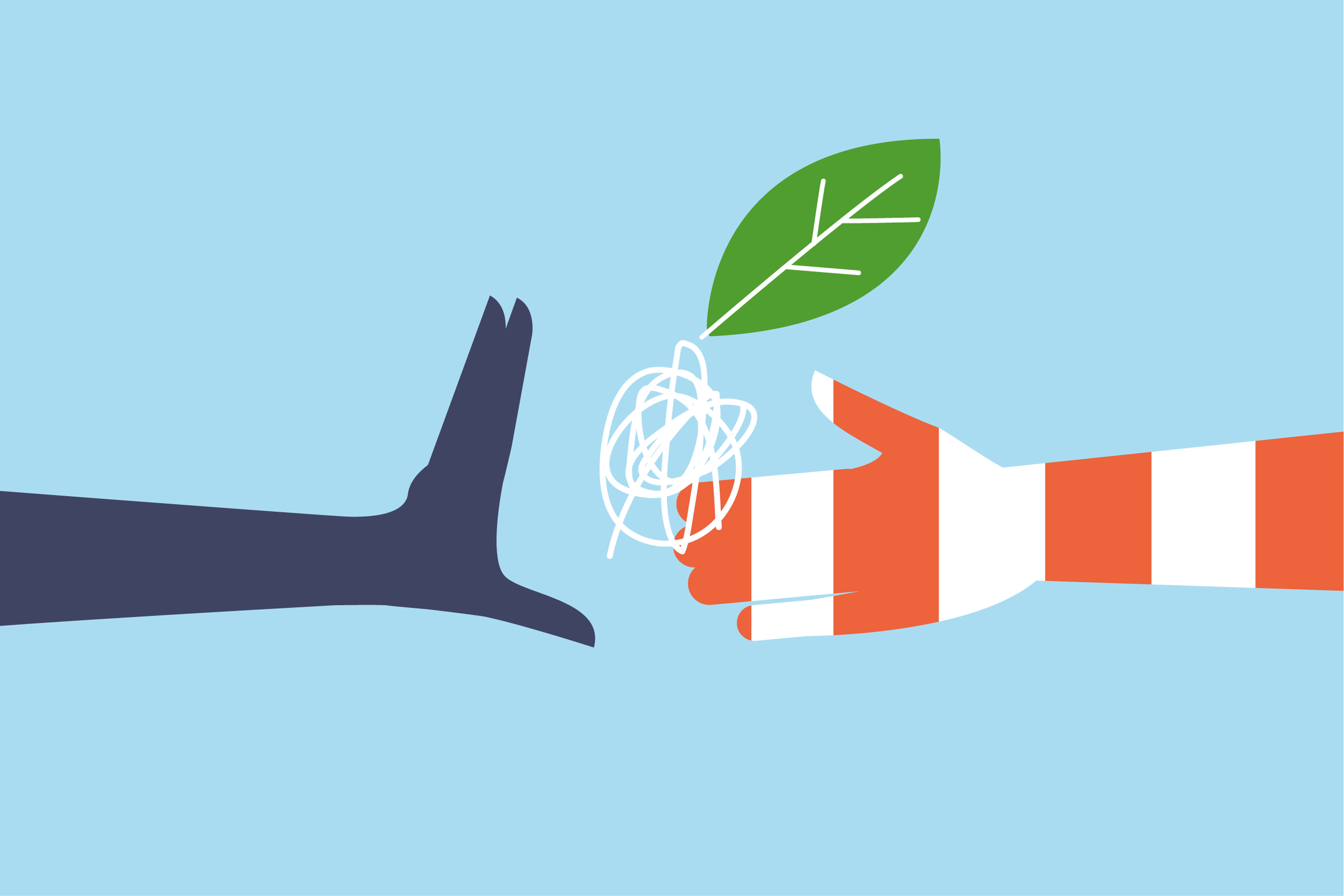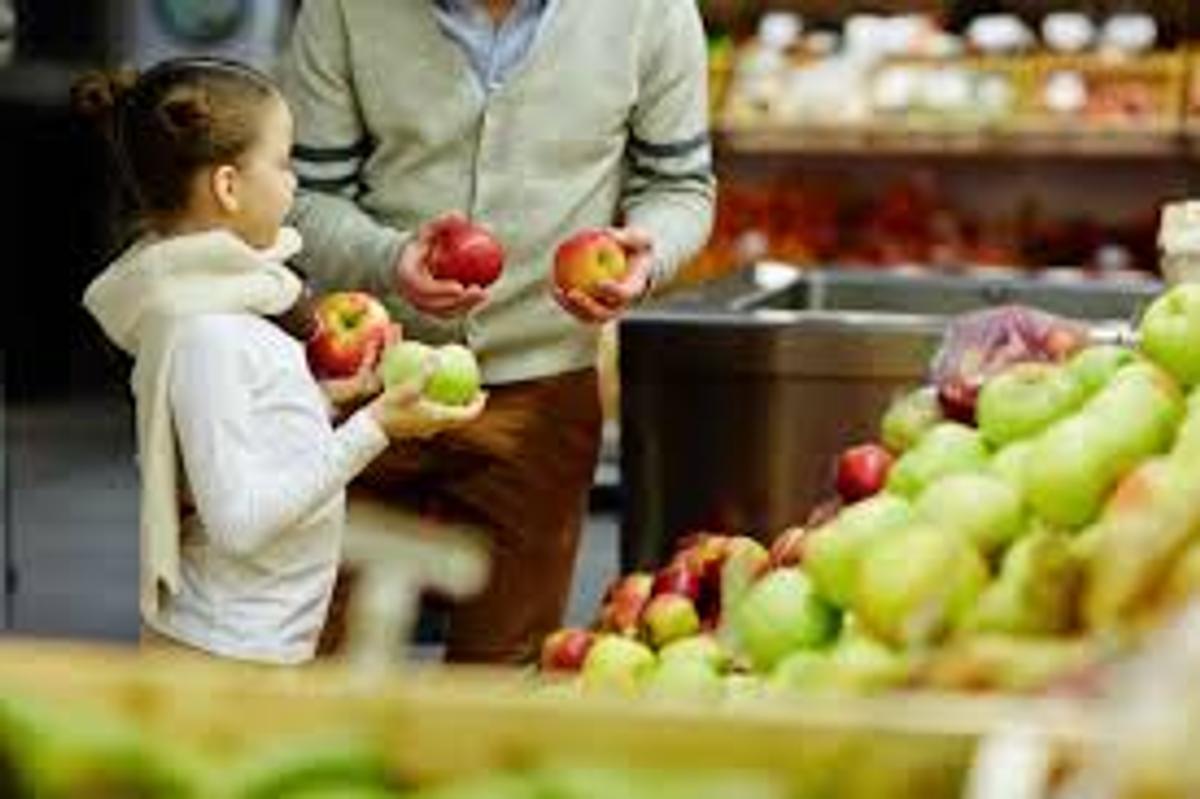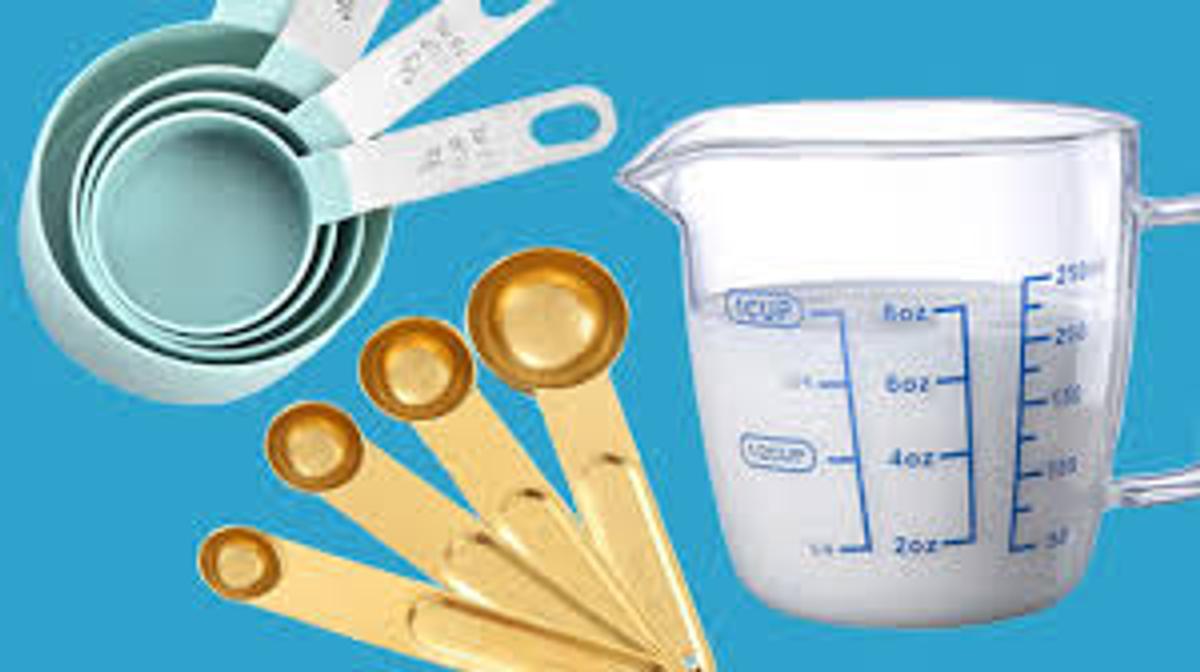Mathematics is everywhere! From counting the apples in your lunchbox to measuring ingredients for a cake, maths plays a big part in our daily lives. At school, your child is learning key mathematical concepts that will help them solve problems, think critically, and make informed decisions.
AREAS OF MATHEMATICS
Mathematics is a broad subject, but it can be broken down into three main areas: Number and Algebra; Measurement and Geometry; and Statists and Probability, together these will help your child understand and apply their knowledge in real-life situations.
- Number
Understanding numbers and how to work with them is at the heart of mathematics. Your child is learning to recognise numbers, add, subtract, multiply, and divide. They are also starting to explore place value (e.g. tens and ones) and how numbers relate to each other.
How to support at home:- Count everyday objects around the house, such as toys, shoes, or buttons.
- Play number games or card games that involve counting or simple addition and subtraction.
- Practice mental maths together—ask quick-fire questions like "What’s 5 + 7?" or "What’s 12 - 4?"
- Practice of the times times will support your child to build confidence in solving a variety of maths problems.
- Measurement
Measurement is all about comparing and quantifying things. Your child might be learning to measure length, weight, time, temperature, and volume. They will use units like centimetres, grams, minutes, and litres.
How to support at home:- Involve your child in cooking by measuring ingredients together.
- Use a ruler or tape measure to measure things around the house (e.g., how tall a plant is or how wide a table is).
- Talk about time, using clocks to help them learn to read the hours and minutes. Involve your child in planning regular outings, your basketball game starts at 4:20pm, we need to be there 15 mins before it starts, it takes 17 minutes to drive there and 3 minutes to park. What time should we leave?
- Getting you child involved in reading timetables for public transport, or cinema sessions.
- Statistics
Statistics involves collecting, organising, and interpreting data. Your child may be looking at how to read simple charts, graphs, and tables, as well as how to record information in a systematic way.
How to support at home:- Create a simple survey (e.g. “What’s your favourite fruit?”) and help your child collect the answers.
- Together, make a bar graph or pie chart to show the results.
- Discuss real-life data, like the weather forecast, sports scores, or number of cars passing your house.
- Probability
Probability is the study of chance—how likely something is to happen. In early maths, this might include simple ideas like "likely," "unlikely," or "impossible," and using dice or spinners to explore different outcomes.
How to support at home:- Play games that involve rolling dice or spinning spinners and talk about the chances of getting a particular number or colour.
- Ask your child to predict the weather for the next day and then compare their predictions with what actually happens.
- Using the language of probability, it is unlikely that we will have takeaway this week because we are saving up for our family holiday.
HOW MATHEMATICS RELATES TO THE REAL WORLD
Maths is not just something learned in the classroom—it's an essential tool for navigating the world! Here are some ways your child is using maths in everyday life:
- Shopping: Adding up prices, finding discounts, and giving correct change are all important skills when you go shopping.
- Cooking: Measuring ingredients, halving recipes, and telling time for cooking are great ways to practice maths.
- Traveling: Reading timetables, understanding distances, and calculating travel times help children understand the practical uses of maths.
- Sports: Keeping score, calculating averages, and understanding how probability relates to winning or losing are all linked to maths.
SIMPLE WAYS TO STRENGTHEN MATHS SKILLS AT HOME
- Maths Games: Board games like Monopoly, Snakes and Ladders, or card games like Uno help with counting, strategy, and recognising numbers. Even video games often require maths skills such as timing and measuring.
- Real-Life Problem Solving: Involve your child in real-life situations where they can use their maths skills. For example, ask them to help with shopping by comparing prices or calculating how much money you will save with a discount.
- Make Maths Fun: Watch educational videos or apps that turn maths into interactive challenges. There are plenty of free resources online that make learning maths enjoyable.
- Encourage Estimating: Before measuring or calculating, ask your child to guess the answer. Estimating can help them develop their number sense and understand the size of numbers.
WORKING TOGETHER FOR SUCCESS
Your support at home can make a big difference in helping your child develop their maths skills. By building a positive attitude towards maths and making it part of your everyday life, you are helping your child gain the confidence to tackle more complex problems in the future.
If you have any questions about how to support your child’s maths learning or would like more resources, don’t hesitate to reach out to your child’s teacher. We’re here to work together to make maths both fun and rewarding!
Happy calculating!




